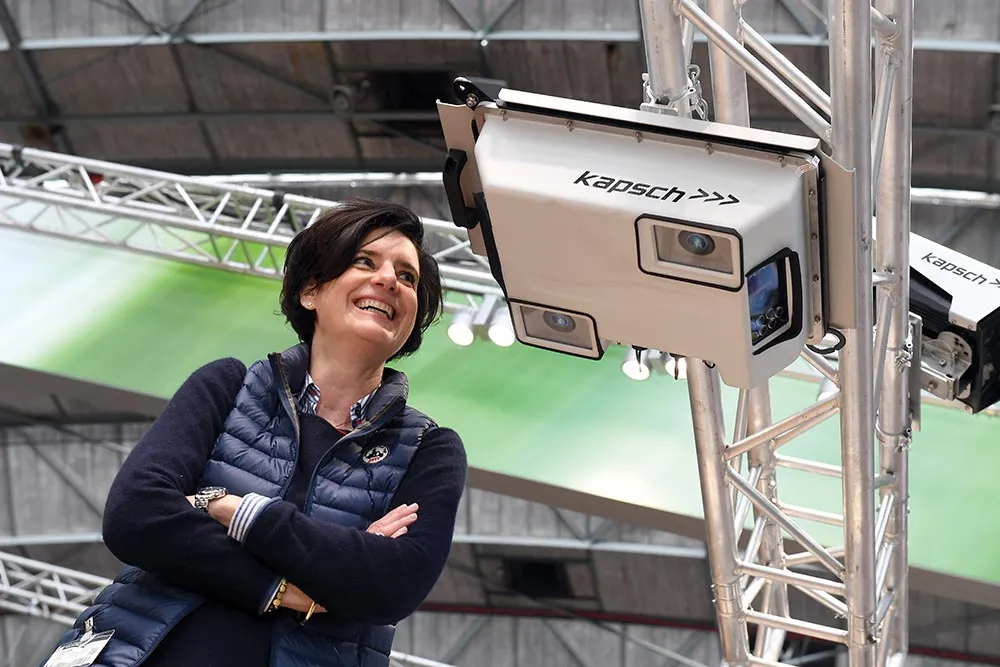The Indiana Finance Authority (IFA) and Ohio River Bridges Joint Board have again selected Kapsch TraffiCom to manage and maintain an all-electronic toll-collection system for the Louisville-Southern Indiana Ohio River Bridges Project. Kapsch TrafficCom was selected from among three bidders who participated in the proposal process. A joint evaluation committee, made up of officials from both Indiana and Kentucky, scored the proposals based on the best value. Kapsch TrafficCom's proposal estimate was US$41.5
March 13, 2015
Read time: 2 mins
RSSThe Indiana Finance Authority (IFA) and Ohio River Bridges Joint Board have again selected 81 Kapsch TraffiCom to manage and maintain an all-electronic toll-collection system for the Louisville-Southern Indiana Ohio River Bridges Project.
Kapsch TrafficCom was selected from among three bidders who participated in the proposal process. A joint evaluation committee, made up of officials from both Indiana and Kentucky, scored the proposals based on the best value.
Kapsch TrafficCom's proposal estimate was US$41.5 million, well below the amount independent experts’ estimate for similar tolling services. The contract, if approved, will cover the cost of a collection system and the cost to manage and operate the tolling system. The length of the contract is seven years, with the option for the states to extend for a single two-year period.
This is the second time the board has selected Kapsch for the project, as Ohio River Bridges Project officials withdrew their agreement with the company last fall over conflict-of-interest concerns with one of the company’s subcontractors.
Indiana is leading the procurement on behalf of both states, and a public hearing will take place on 26 March to hear public comment about the selected proposal and contract, and the proposal-evaluation process. The IFA will use the public comment to make its final determination in recommending the preferred tolling operator to receive approval consideration from Governor Mike Pence and review by the Indiana State Budget Committee.
Kapsch TrafficCom was selected from among three bidders who participated in the proposal process. A joint evaluation committee, made up of officials from both Indiana and Kentucky, scored the proposals based on the best value.
Kapsch TrafficCom's proposal estimate was US$41.5 million, well below the amount independent experts’ estimate for similar tolling services. The contract, if approved, will cover the cost of a collection system and the cost to manage and operate the tolling system. The length of the contract is seven years, with the option for the states to extend for a single two-year period.
This is the second time the board has selected Kapsch for the project, as Ohio River Bridges Project officials withdrew their agreement with the company last fall over conflict-of-interest concerns with one of the company’s subcontractors.
Indiana is leading the procurement on behalf of both states, and a public hearing will take place on 26 March to hear public comment about the selected proposal and contract, and the proposal-evaluation process. The IFA will use the public comment to make its final determination in recommending the preferred tolling operator to receive approval consideration from Governor Mike Pence and review by the Indiana State Budget Committee.








